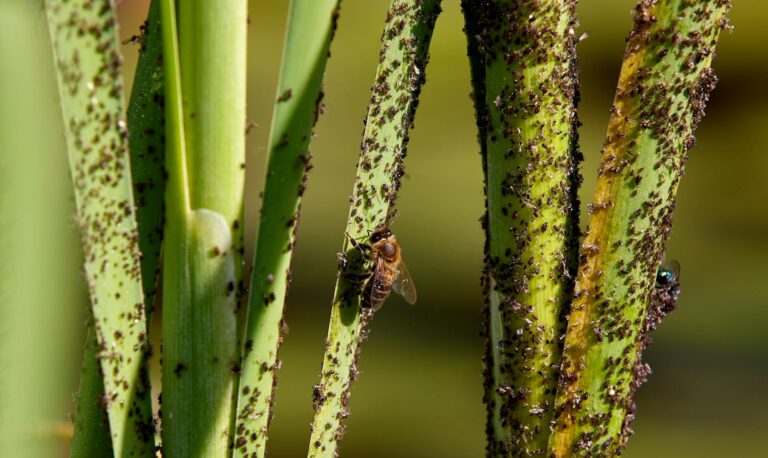As we age, it is natural for our bodies to undergo changes. One of the most common concerns among older adults is the deterioration of cognitive function, specifically dementia. Dementia is a general term for a decline in mental ability severe enough to interfere with daily life. It is a growing global health issue with approximately 50 million people living with dementia worldwide and expected to increase to 152 million by 2050 (1). With the increasing prevalence of this condition, researchers are continuously exploring ways to prevent or delay its onset. One food that has been gaining attention in this area is kiwifruit. In this article, we will delve into the potential link between eating kiwifruit and preventing dementia.
What is Kiwifruit?
Kiwifruit, also known as Chinese gooseberry, is a small fruit with fuzzy brown skin and bright green flesh. It is native to China but is now commercially grown in several countries, including New Zealand, Italy, and the United States. Kiwifruit is a nutrient-dense fruit, rich in vitamins C and E, potassium, folate, and fiber (2). It also contains antioxidants, which help protect our cells from damage caused by free radicals. Due to its impressive nutritional profile, kiwifruit has gained popularity as a superfood.
The Link Between Kiwifruit and Dementia
There are multiple factors that contribute to the development of dementia, including age, genetics, lifestyle choices, and diet. Several studies have shown a potential link between dietary patterns and the risk of developing dementia (3). A study published in the journal Nutrients found that a higher intake of fruits and vegetables was associated with a reduced risk of cognitive decline (4). This finding aligns with the Mediterranean diet, which emphasizes the consumption of plant-based foods such as fruits and vegetables.
Kiwifruit and its Potential Benefits for Brain Health
While there is no direct research on the link between kiwifruit and dementia prevention, there is evidence of the beneficial effects of kiwifruit on brain health. A study conducted on older adults with mild cognitive impairment found that consuming kiwifruit daily for 12 weeks significantly improved their cognitive performance (5). The researchers attributed this improvement to the high levels of antioxidants and polyphenols found in kiwifruit.
Moreover, a recent study published in the journal Nutrition, Health, and Aging examined the effects of kiwifruit consumption on mood and cognition in healthy young adults (6). The results showed that consuming two kiwifruits a day for six weeks improved mood and attention levels compared to the control group. These findings suggest that kiwifruit may have a positive impact on cognitive function, which could potentially help prevent dementia.
The Role of Antioxidants and Polyphenols
One of the key components in kiwifruit that may contribute to its potential benefits for brain health is its high antioxidant and polyphenol content. Antioxidants are compounds that help neutralize free radicals, which are unstable molecules that can damage cells and contribute to aging and disease. Polyphenols, on the other hand, are plant-based compounds known for their antioxidant properties and have been linked to improvements in cognitive function (7).
Kiwifruit contains various antioxidants, such as vitamins C and E, lutein, and zeaxanthin. These antioxidants have been shown to reduce oxidative stress and inflammation, both of which play a role in the development of dementia (8). Additionally, kiwifruit is one of the few foods that contain an enzyme called actinidin, which has been found to enhance the digestion and absorption of polyphenols (9). This means that kiwifruit may be an excellent source of these beneficial plant compounds.
Other Potential Health Benefits of Kiwifruit
Apart from its potential role in preventing dementia, kiwifruit has been linked to other health benefits. Due to its high fiber content, it may aid in digestion and promote gut health (10). Its high levels of vitamin C may also help boost the immune system and protect against illnesses (11). Furthermore, kiwifruit contains a significant amount of potassium, which is essential for maintaining healthy blood pressure levels (12).
Incorporating Kiwifruit into Your Diet
Kiwifruit can be enjoyed in various ways, making it an easy and delicious addition to your diet. It can be eaten raw, sliced and added to salads, blended into smoothies, or used as a topping for yogurt or oatmeal. Kiwifruit can also be cooked in dishes, such as stir-fries or used as a meat tenderizer due to its natural enzyme content.
Conclusion
While there is no direct evidence that eating kiwifruit can prevent dementia, research suggests that its high antioxidant and polyphenol content may have beneficial effects on brain health. Its potential role in reducing oxidative stress and inflammation, coupled with its positive effects on mood and cognition, make it a promising food in the fight against dementia. Incorporating kiwifruit into a healthy, balanced diet may have numerous benefits, including helping to maintain brain health as we age. So why not add some kiwifruit to your next grocery list and give your brain a boost?





